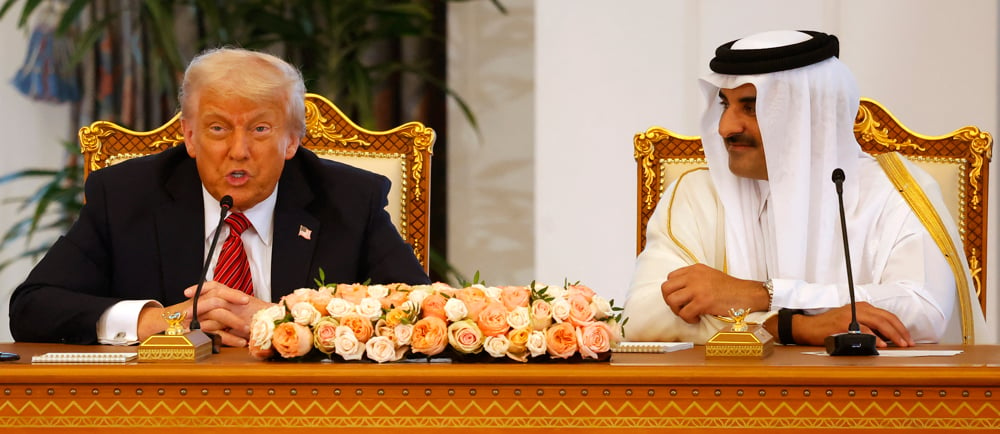Trump and the Iran Nuclear Talks: A Story of Disruption and Diplomacy
This blog explores former U.S. President Donald Trump’s involvement in the Iran nuclear talks, highlighting the bold decisions he made, the global reactions that followed, and the lasting impact on international diplomacy.
WORLDWIDE
6/21/20252 min read


In the realm of global diplomacy, few moments in recent history have created as much turbulence as Donald Trump’s approach to the Iran nuclear deal. What began as a complex but stable agreement under President Obama quickly turned into an international standoff when Trump took office and decided to rewrite the playbook.
In 2015, the Joint Comprehensive Plan of Action (JCPOA) was signed—an agreement between Iran and world powers, including the United States, to limit Iran’s nuclear program in exchange for lifting economic sanctions. The world held its breath as tensions around Iran’s nuclear ambitions appeared to cool. But Trump, ever skeptical of the deal, called it “the worst ever negotiated.” His critics said it was a gamble. His supporters called it strength.
In 2018, he pulled the U.S. out of the deal entirely, a move that shocked allies and adversaries alike. Sanctions were reinstated and intensified, squeezing Iran’s economy and further isolating the country from the global market. Trump’s administration believed that “maximum pressure” would force Tehran back to the table under tougher terms. Iran, on the other hand, began walking back its commitments under the deal, inching closer to levels of uranium enrichment that had once sparked fears of a nuclear crisis.
The withdrawal didn’t just impact U.S.-Iran relations—it fractured unity among the original signatories of the deal. European countries tried to salvage the agreement, hoping to keep diplomacy alive. Meanwhile, tensions in the Middle East escalated, with incidents involving oil tankers, drone strikes, and the assassination of Iranian General Qassem Soleimani further heating the conflict.
While Trump’s team occasionally hinted at the possibility of a “better deal,” concrete negotiations never materialized before the end of his presidency. The Trump-era strategy was clear: dismantle the old, apply pressure, and promise a tougher, more comprehensive agreement. But by the time he left office in 2021, no new deal had been struck, and Iran’s nuclear activities were more advanced than they had been in years.
Trump’s approach to the Iran nuclear talks remains controversial. For some, it was a necessary course correction in the face of a flawed agreement. For others, it was a step backward that weakened global trust in American diplomacy. What’s certain is that his decisions reshaped the conversation around Iran’s nuclear future and left a complex legacy for his successors.
As the world continues to navigate the ripples of Trump’s bold moves, the Iran nuclear issue serves as a reminder that diplomacy is often a long, winding road—one where each detour changes the destination.